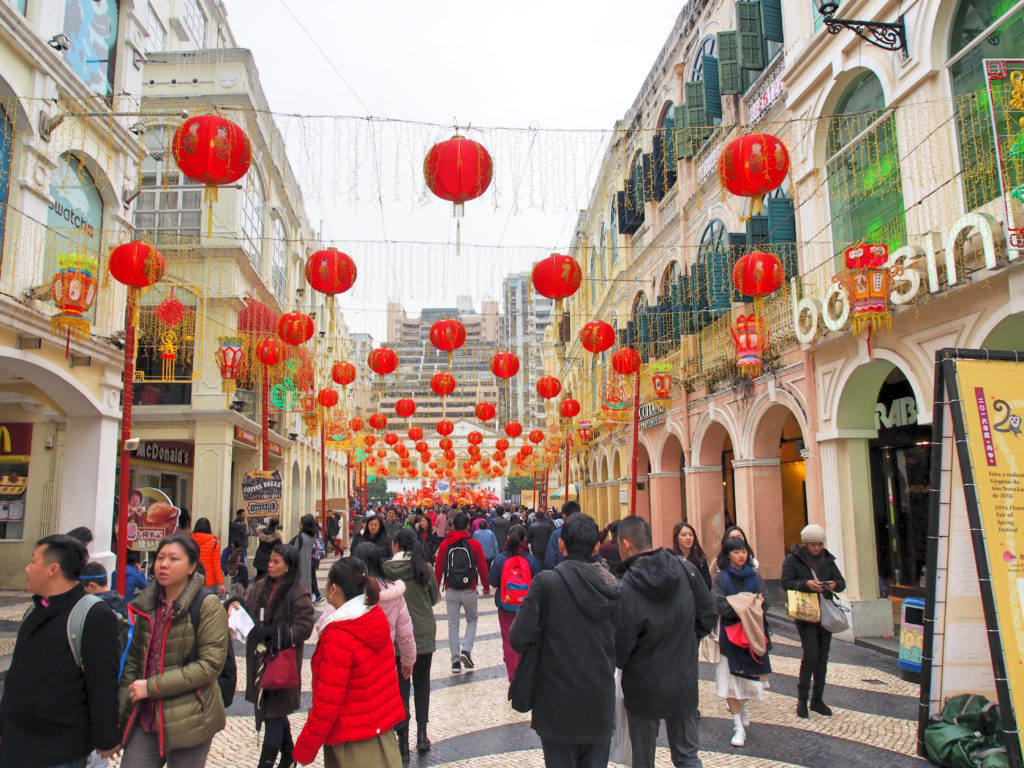Analysts at Fitch Ratings say that Macau is likely to be one of the most benefited economies in the Asia-Pacific region following China’s reopening.
In a recent report, the analysts note that Macau, Thailand and Malaysia are likely to most benefit from the trends in outbound tourism by Chinese, with the group noting it expects ‘a revival of Chinese outbound tourism to boost growth prospects in economies with substantial tourism sectors’.
The results of pent-up demand were already seen in Macau during the Chinese New Year holiday, with 451,047 visitors in total, a yearly increase of 297 percent. Visitors from mainland China comprised 264,662 of these arrivals during the seven-day Golden Week period, up 149 percent yearly.
Of the three regions expected to most benefit from the opening up, Macau has the largest casino presence, while Malaysia is confined to just one operator – Genting, and Thailand, while discussing the possibility of introducing casinos, is still two to three years away from any implementation.
Regarding other regional destinations set to benefit from the influx of Chinese outbound tourism, Fitch notes that ‘varying degrees of support to macroeconomic performance’ could be seen for Singapore, Vietnam and Sri Lanka.
All three of the nations offer casino gambling, with Singapore being by-far the largest in regards to gross gaming revenues amongst the three.
Singapore registered some 6.31 million tourist arrivals in 2022, however just 334,430 of these resided in China – 130,870 of which were in the mainland and 129,040 of which were in Hong Kong.
Regional nations set to see a slower impact from China’s new outbound policy are Japan and South Korea, given that both had applied restrictive travel measures to Chinese tourists amongst the wave of COVID sweeping the country. China since imposed retaliatory measures, but the restrictions imposed by both sides are expected to be ‘short-lived’, with Fitch expecting that the impact on the two nations ‘should be limited’.
China has already announced the reissuance of visas for Japanese travelers after cancelling them due to testing requirements imposed on Chinese tourists.
Overall regarding the APAC region, analysts at Fitch are expecting that the tourism rebound throughout the year ‘remains vulnerable to risks outside of our baseline assumptions’. This includes economic growth goals not reaching expectations or the erosion of consumers’ purchasing power by inflation.
And while nations have largely moved past COVID, the analysts noted that ‘there is also still a danger that new Covid-19 variants or waves could disrupt or reverse tourism recoveries’.






















